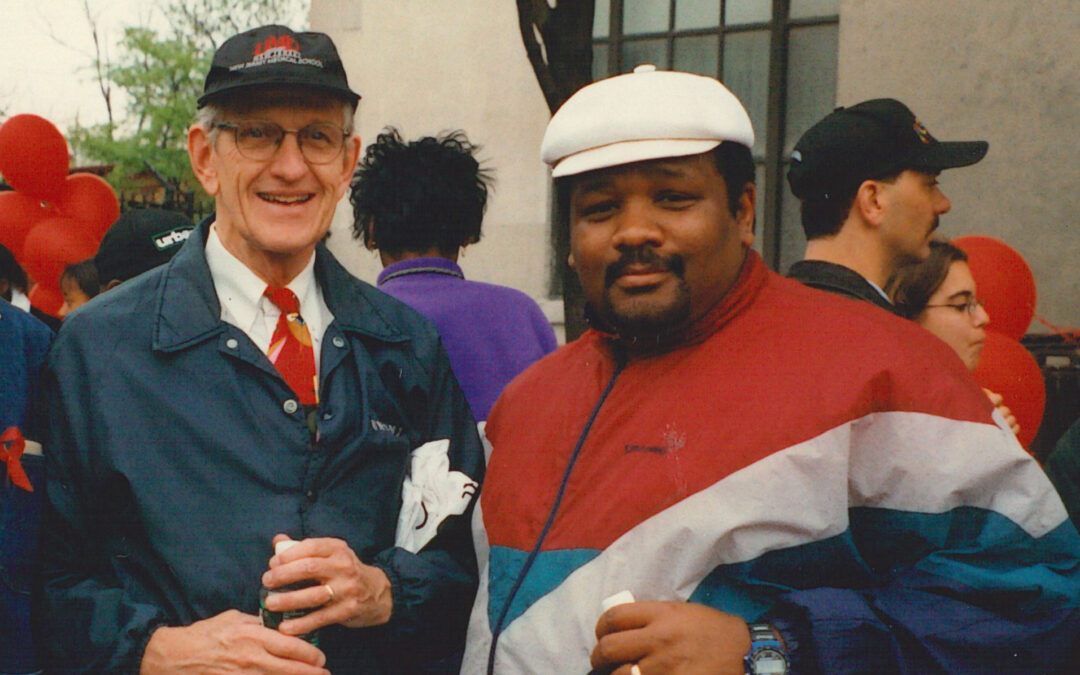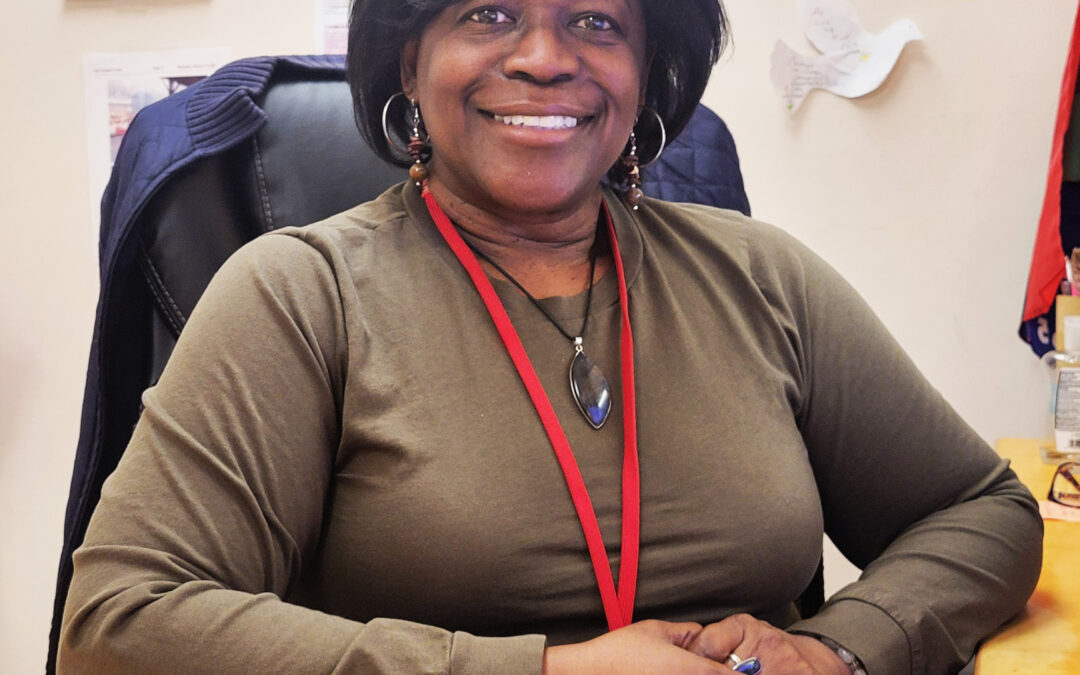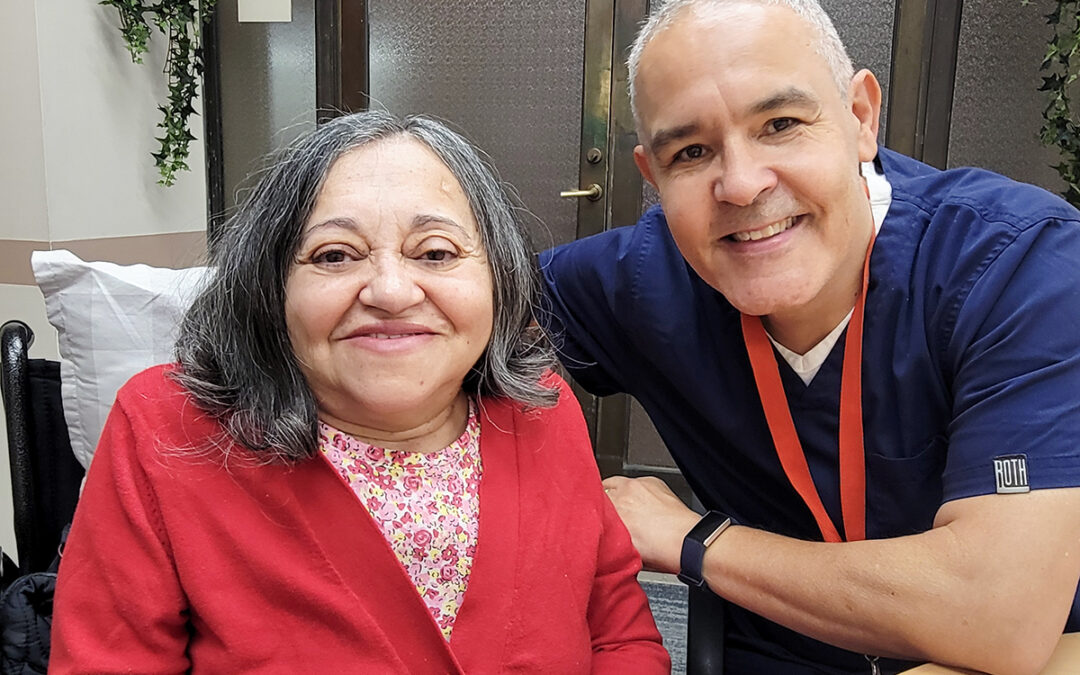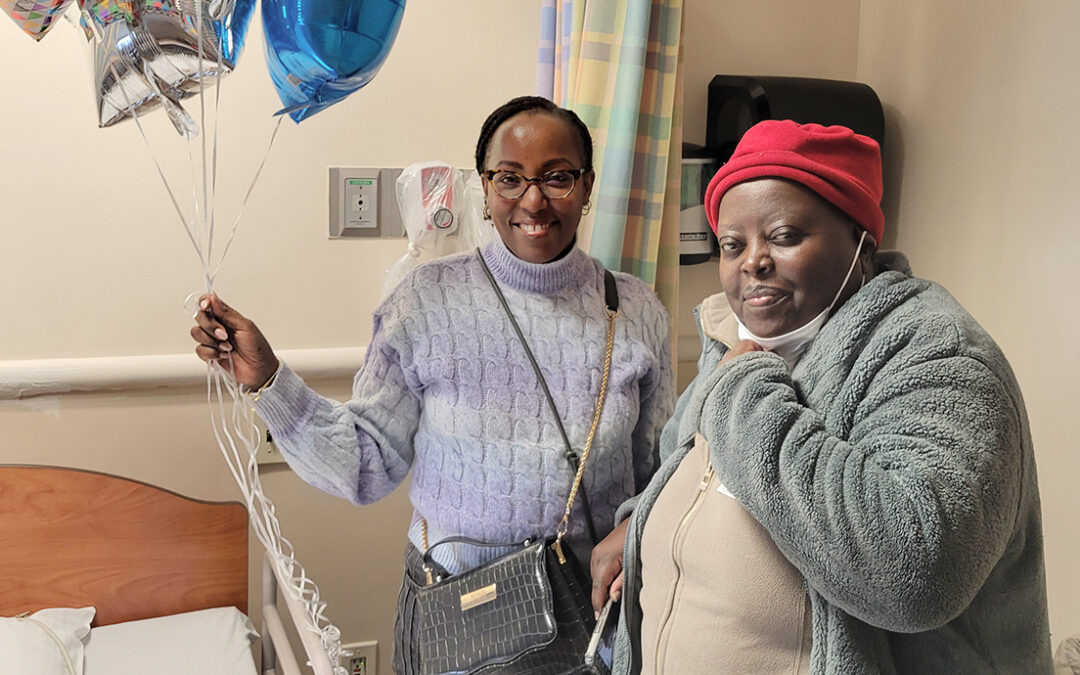We’re marking World AIDS Day on Dec. 1 with a special two-part series on advancements in the care of our HIV+ residents. This month: At Broadway House for Continuing Care, three highly respected infectious disease specialists—Rodolfo A. Munera, M.D., Linas Riauba, M.D., and Alexander Stoler, M.D.—direct the care of HIV+ residents. Drs. Munera and Riauba share their thoughts on revolutionary research and care that have changed the trajectory of people’s lives.
Why is it so important to mark World AIDS Day?
Dr. Munera: It is important to mark World AIDS Day to remind us of the struggles of the past 40 years and how we have managed the disease and the progress made in treating it. We also have to remember those who lost their lives fighting the disease and those who continue to live with HIV/AIDS.
Dr. Riauba: Millions of people worldwide are still infected with HIV/AIDS. People are living longer with the disease and it is important to address their needs, not only in the U.S., but in other countries around the world.
How has the care of people with HIV/AIDS evolved?
Dr. Riauba: The biggest change happened when a brand new class of drugs called protease inhibitors was released by Merck in 1997. This was a game changer. Patients began to live longer, and HIV/AIDS became a more manageable disease.
That one drug launched an evolution. Today, we have more than 30 drugs to treat HIV/AIDS. These drugs can target different stages of virus development and resistance. We are able to provide very individualized treatment options in the advancement of care—usually one pill, once a day. There are also injectable treatments that are administered once a month for those who qualify.
How has Broadway House helped to advance the conversation about HIV/AIDS?
Dr. Munera: One of the most important factors in Broadway House history has been the ability to treat those with severe illnesses, not only from the HIV/AIDS perspective, but also through behavioral health, mental health, and drug addiction. This comprehensive approach is something Broadway House does very well and results in much better outcomes for our residents. As a result, significant improvements have been made through the years in the quality of patients’ lives and their ability to return to society.
What makes Broadway House different?
Dr. Riauba: At Broadway House, our primary focus is to help the patient achieve undetectable viral loads and address the other comorbidities that can directly affect the outcome of HIV/AIDS treatment. We know from multiple studies that HIV/AIDS patients do best when their care is provided by an infectious disease specialist who monitors the disease. Broadway House has three on staff. It’s very important to understand that with the proper management of the HIV/AIDS disease, the life expectancy of our patients is very close to the normal population. Broadway House helps our patients live longer and stronger lives.
Dr. Munera: We are the only facility in the whole Northeast treating these patients. A lot of facilities don’t want to deal with a marginalized population, such as those who are homeless or battling substance abuse. It’s a big reason why we’re the only long-term care facility in the nation to receive an annual grant from the Health Resources and Services Administration’s (HRSA) Ryan White HIV/AIDS Program.
Best part of your job?
Dr. Riauba: Broadway House is very close to my heart. We have a great team here and we’ve been practicing together for a very long time. I have been here for 20 years. With healthcare so fragmented nowadays, Broadway House provides an accessibility to care that is critically important. Here you know the people, the community, and the residents.
Dr. Munera: I enjoy the great satisfaction of helping to make patients asymptomatic and then watch them return to the community. Many people come to Broadway House with low self-esteem. But here, they regain hope and have a better perspective on life. Several years ago, a young woman spent two years at Broadway House. After she was discharged, she went back to school. Today, she is a psychologist and is living a normal life. It’s an incredible feeling to make that kind of impact on someone’s life.





